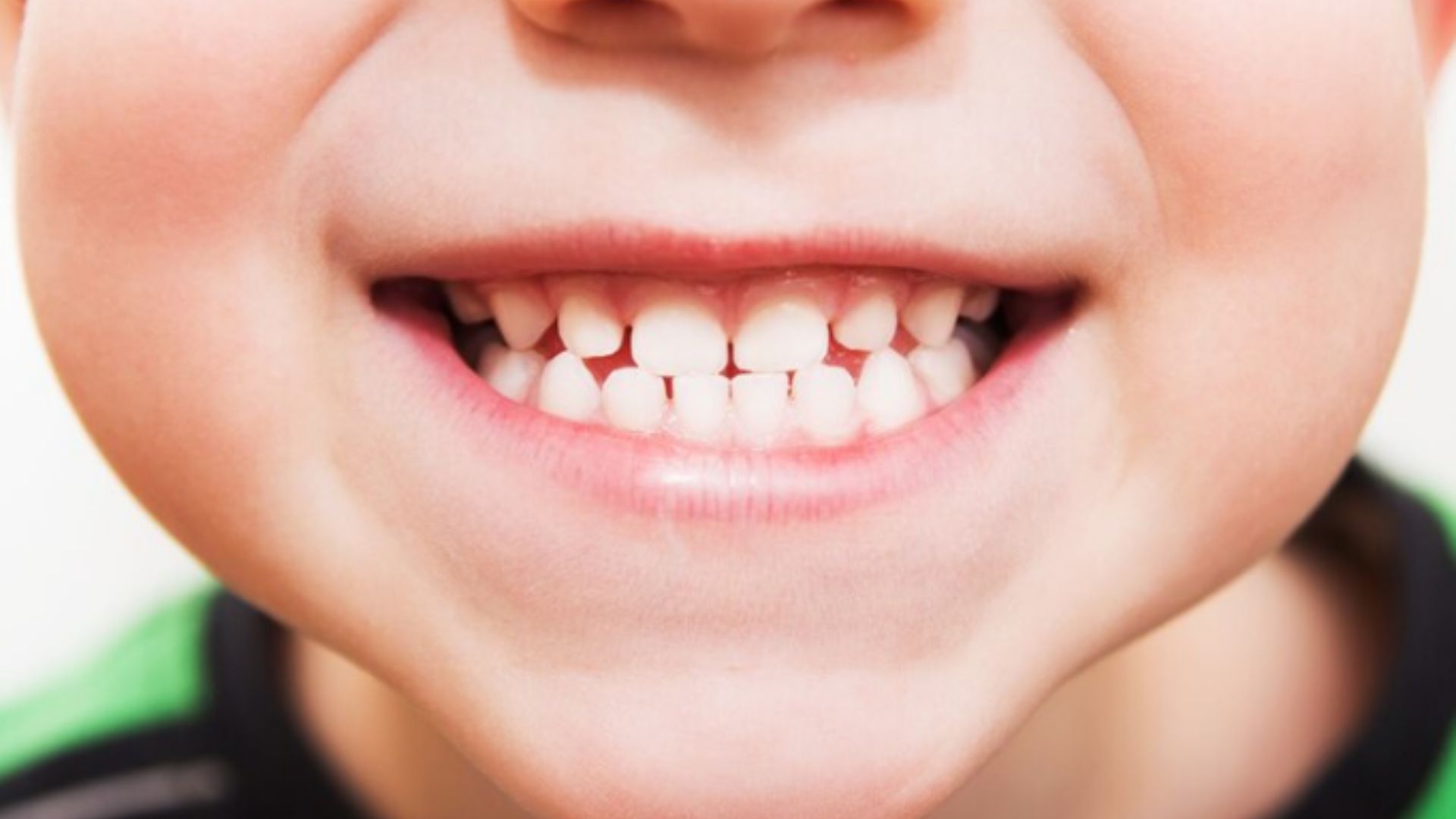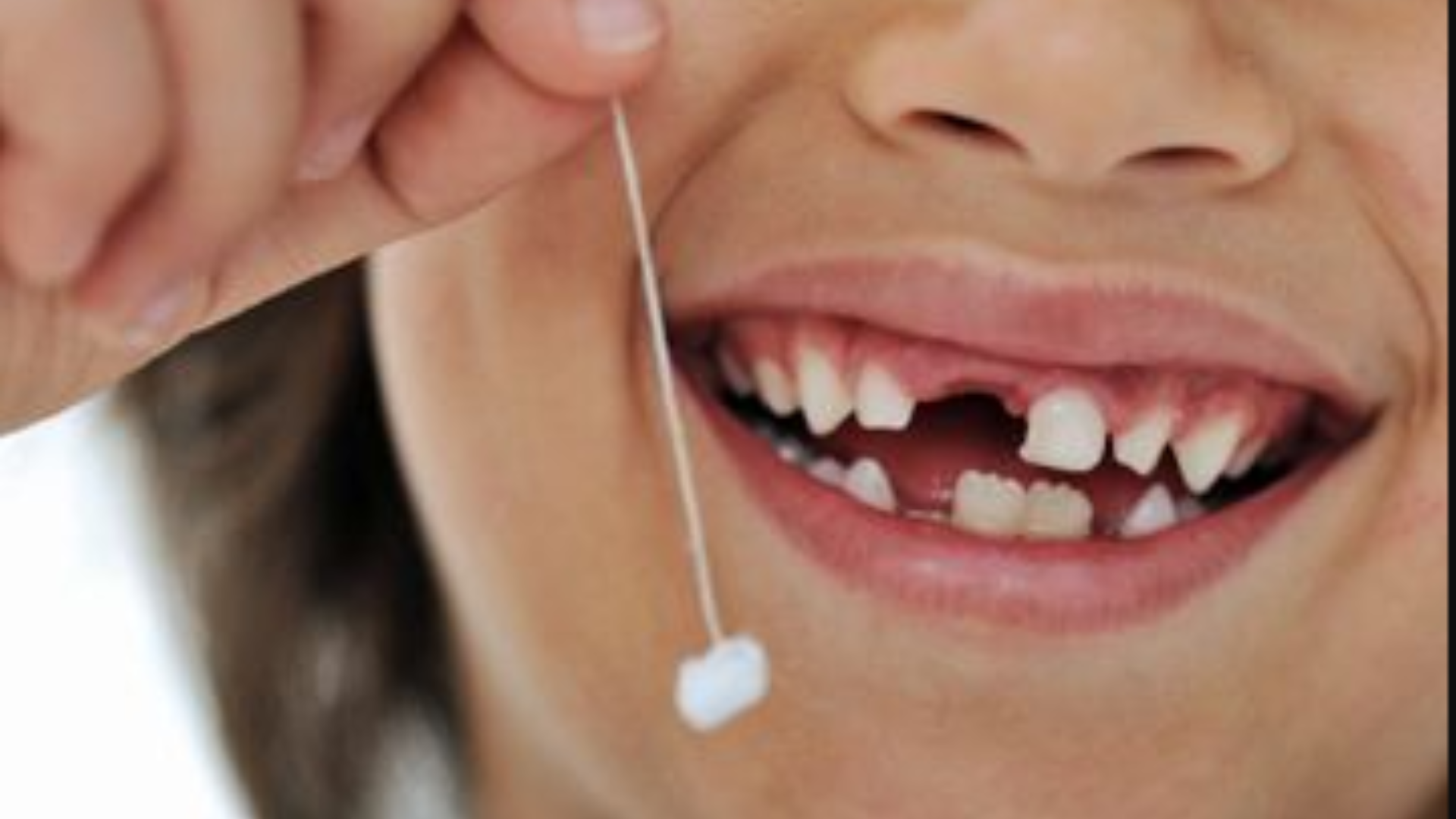How long does it take for teeth to grow back?
By: evelyn parkar * Updated 23 March 2024
Hey, mommies and daddies also!
As we all know, anyone’s heart can be won by a smile, and when the smile is of our little one, it hits differently as a parent. The most delightful moment in parenthood is our kiddo’s smile.
I remember the precious moment when my baby grew his two lower teeth, that cutest smile when my heart filled with joy, and the sharpness of those teeth (he he). And now his milk teeth are being replaced by permanent teeth. How fast time flies.
| It is important to know
Yeah! As a parent, we are always curious about our children’s teeth, whether their first milk tooth erupts at the age of six months or their first permanent tooth erupts at the age of six years.it usually takes six to seven months from the eruption of baby teeth to the appearance of adult permanent teeth.
|
Although the time for the teeth to come back is different for each child, here you will find complete guidance so that you can easily handle the time when the teeth break and come back without worrying.
How long does it take for teeth to grow back?
At 6 to 12 years old, the child’s milk teeth begin to break and are replaced by permanent teeth. And by the age of 12 years, the child’s jaw is filled with permanent teeth. Milk teeth start moving first, so the kid usually has difficulty eating.
Then, the milk teeth fall out and are replaced by permanent teeth stronger than the first. In the process, the child drinks the liquid comfortably, but due to the movement of the teeth, he complains of difficulty chewing things or a piece of meat getting stuck in his teeth due to the gap between the molars and the correct teeth. This process requires six to seven months, and girls’ teeth come out faster than boys’.
The order in which the baby teeth fall out and the permanent teeth come in is similar.
- At 6 to 8 years old, the first milk incisor teeth change into permanent incisor teeth in 2 to 4 weeks.
- At the age of 9 to 11 years, it takes 1 to 2 months for permanent teeth of the premolars to erupt.
- At 10 to 12 years old, the last molar also becomes permanent.
- The number of roots also plays a role in the time it takes for baby teeth to erupt and permanent teeth to erupt.
- Replacing the incisor and canines takes only 2 to 4 weeks because they have one root.
- Children’s teeth pushing, tongue sticking, and Pen biting also play an essential role in determining the teething time.
- 20 milk teeth change into permanent teeth one by one from childhood to adulthood. And by age 21, all 32 permanent teeth are fully grown.
Reasons why teething takes a long time to grow
If there is a delay in the coming of the adult teeth due to the fall of the baby teeth, many questions arise in the parents’ minds. But one crucial thing you need to know is that the time for permanent teeth to come is six to seven months. There is no need to panic or worry if it happens early or late. But if you are still curious about the reasons you want, these are some fundamental reasons why teeth grow slowly that I will explain here.
Underground teeth:
These teeth do not grow directly in the space left by the child’s jaw teeth but continue to grow. The erupted tooth collides with the surrounding teeth, increasing the time it takes to discharge.
Missing tooth germ:
Missing tooth germ can often be congenital, or when a child accidentally hits something, it damages the tooth germ, which is one of the main reasons for the slow eruption of teeth.
Gum fibrosis:
In this situation, it is challenging to erupt the tooth because the gum layer on the tooth has become thick, so it takes more time for the tooth to come out.
Lack of nutrition:
Lack of calcium due to lack of nutrition is one of the main reasons that delay teething in children.
Adoption of bad habits by the child:
Children often adopt bad habits such as tongue thrusting, thumb sucking, teeth grinding, and bottle feeding also play an essential role in the development of teeth.

| Pro Tip for your little one;
As a parent, we are sensitive about our children, so in this whole process, when the children are scared, they can be excited by telling them about the tooth fairy. Granted, the tooth fairy is a myth, but children get relief from it and confidently enjoy the missing teeth period after their baby teeth fall out. |
What are the effects that increase the time of teeth extraction?
If the baby’s milk and permanent teeth take a long time, it damages the teeth and causes complications.
The growth of improperly growing teeth inside the underground slows down for a long time, which causes damage to surrounding teeth and gums, like pus and swelling, and it also causes swelling on the cheeks.
When the tooth does not come out for a long time, it also causes bone loss, which reduces the force on the jaw bone. In this situation, the child’s jawline is shortened due to the spread, underbite, and even inflammation of the jawbone.
The position of the teeth may also change. Due to this space, the inclination of the surrounding tooth will also be towards the space, which causes the teeth to become in the wrong position and crooked, which is nowadays fixed by applying braces, which is a separate painful and expensive process. According to research, the cost of braces ranges in the US from 3k dollars to 13k.
What steps should parents take when their child’s teeth are slow?
The time when the child’s permanent teeth are coming is significant. At this time, parents should avoid giving the child too hot or cold drinks and sweet things that contain a lot of sugar or coca so that the teething process is not delayed.
Parents should give the child complete food, including vitamins A, B, and D, magnesium, zinc, and especially calcium in the children’s diet.
During the teething process, the Dentist should have a checkup every 3 to 6 months so that the child’s teeth are regularly examined during contact with the Dentist. Teeth should be removed on their own so that permanent tooth enamel is not damaged, and complete instructions on diet should be given as every child needs the right amount of food and vitamins.
FAQ’s
Now, I will answer some critical questions that often come to the parents’ mind during the child’s teething.
How gender and genetics affect when your child’s teeth will come in?
A child’s appearance, health, personality, and even smile are often linked to some person in the family, and we know it is all genetic.
Yes! In the same way, the structure and development of teeth are also closely related to genetics.
If your teeth grow late or you need braces to solve orthodontic problems or improve your teeth’ shape and attractiveness. If so, chances are your children will do the same.in the same way that good traits are passed on from genes, we also get some unsavory characteristics.
If you inherited beautiful hair or an attractive smile from your mother or father, you may find tooth decay unpleasant.
What happens if permanent teeth don’t come in?
Rarely does that child not erupt permanent teeth; this is due to a genetic issue in which the permanent teeth are present at the root but are not ejecting, and there is no particular obstacle in their way. The condition is PFE, which means failure of eruption, fixed by the Dentist through surgery or braces.
When should I worry about permanent teeth not coming?
Rickets, hypothyroidism, fibrous dysplasia, and Down syndrome are conditions that stunt the growth and age of permanent teeth.
You have to go through checkups with the Dentist so that they can treat you properly.
The permanent tooth stopped growing halfway?
Primary teeth begin to fall out when the permanent teeth start to erupt and push the primary teeth. The primary tooth is often lost in an accident or injury until the permanent tooth erupts to fill the space left by the primary tooth. But if it can, it is considered that the permanent tooth has stopped while it has not yet erupted from the root.
This mistake is often made when the tooth gets stuck in the jawbone. This makes it seem like the tooth has stopped growing.
| Tip:
according to my experience it is very beneficial to cut a firm apple or guava and eat it for the quick eruption of permanent teeth. |
How can I make my permanent teeth grow faster?
As calcium is essential for bones, it is equally vital for the growth and development of teeth. If you want your teeth to be attractive in the right direction, use foods containing calcium, like milk, soy milk, seeds (chia seed, poppy seed, celery), yogurt, cheese, almonds, and fish.
Treatment for delayed eruption of permanent teeth
If the permanent teeth are delayed. However, they can have problems with their permanent teeth. His teeth require surgery and braces, or the doctor can do a minor surgery, such as a cut, to remove the permanent teeth.
Conclusion;
Every child’s permanent tooth eruption time is different. Usually, this time depends on six to seven months. If the time exceeds this, you must worry and get a dentist’s checkup.






